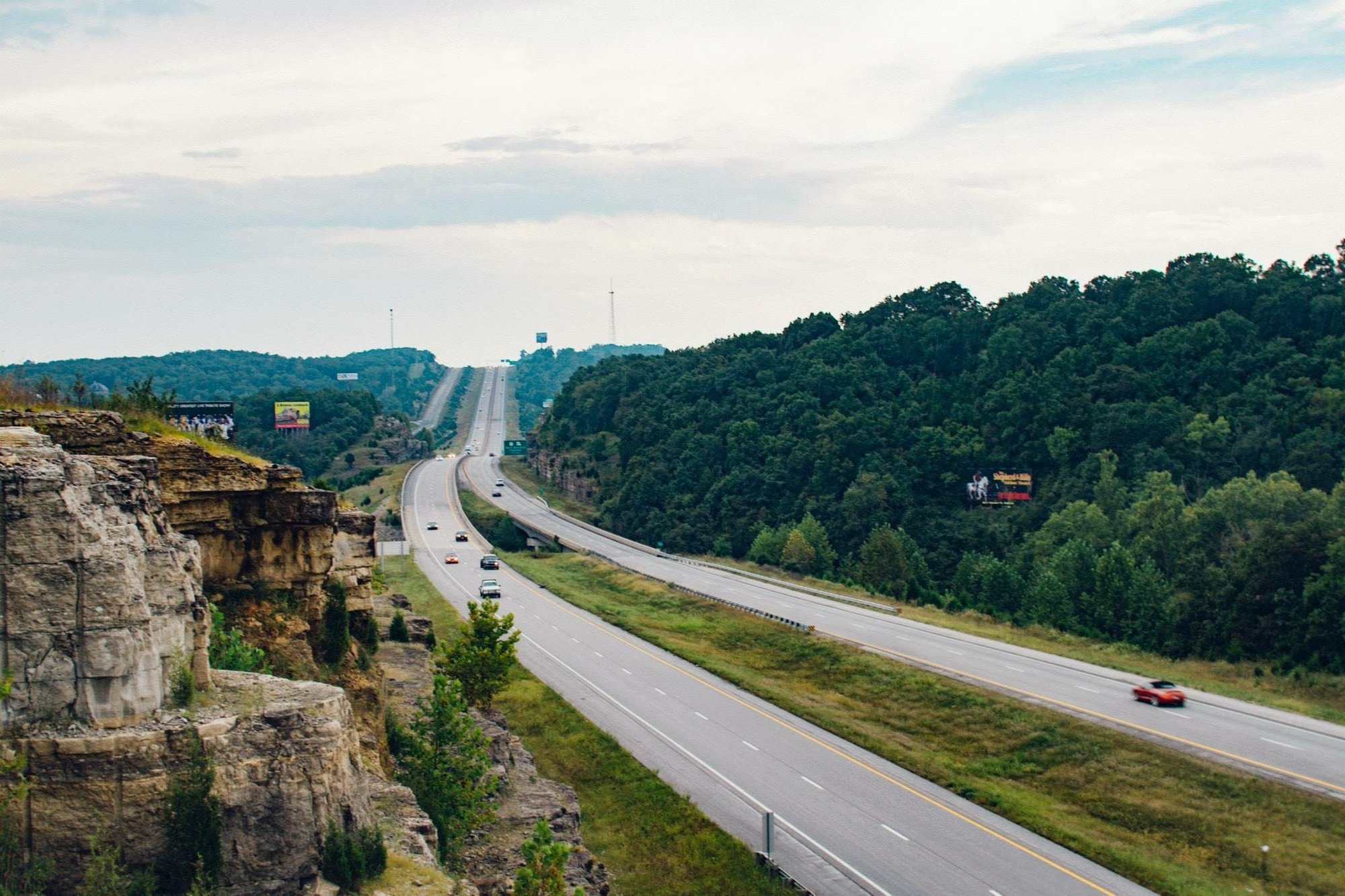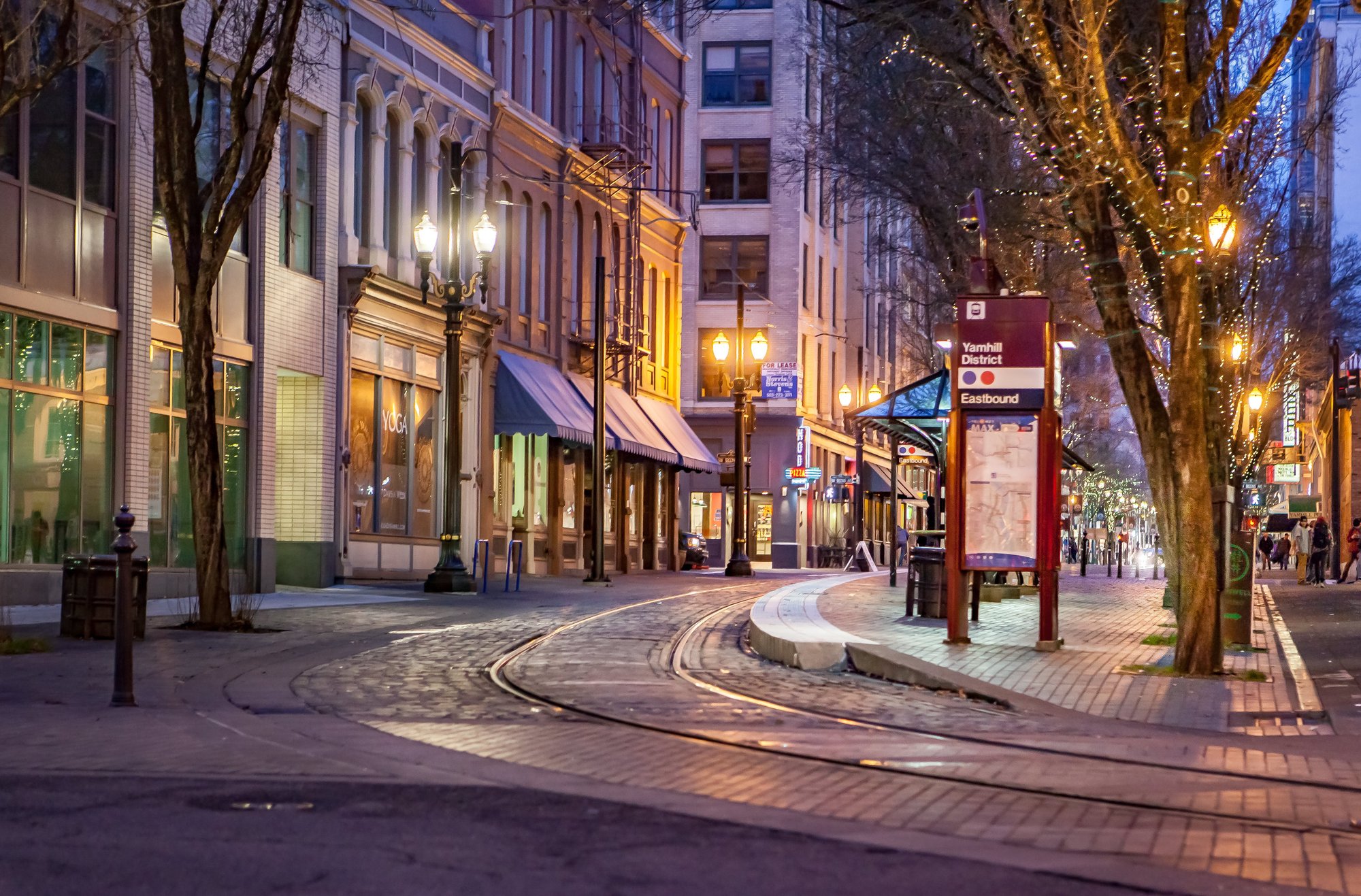Abley’s certified experts trusted to safeguard Fulton Hogan’s FME Server
FME is the Swiss Army Knife of digital engineering. It has an almost infinite number of applications, and there’s no situation it can’t illuminate.
If you’re not familiar with FME, it’s a tool that connects applications, bringing more than 400 data sources together to unlock insights. It’s also exceptional at manipulating big data sets, which is why Fulton Hogan use FME to manage three waters data for local council projects.
How FME lies at the heart of Fulton Hogan projects
Fulton Hogan’s Group IT GIS Manager, Sean Smith has worked with Abley since he joined Fulton Hogan four years ago. He explains why Fulton Hogan engage Abley to manage their FME server. Our FME server processes client data, so it’s got to be protected and secure. But it’s also an integral part of our IT system in New Zealand and Australia.”
Data flows through the FME server and ends up in two business systems. First, data enters the GIS ecosystem and from there it flows through into the asset management system. Many other tools are driven off the asset management system. FME connects all the parts.
"If I walk into an organisation and see they haven’t got FME, then they’re on the back foot. FME is one of Abley’s key areas of expertise, it’s an area they’re very strong in. There’s nobody else in that space I would consider.
The best thing for me is that I can walk out of here at night and know that whatever happens, our FME server is being taken care of.”
Since I joined Fulton Hogan I’ve worked extensively with Abley’s FME team to refine the translation of data from our clients through to the projects we manage. Four years ago, FME wasn’t well known. People didn’t understand what it did, but behind the scenes it was doing some pretty heavy lifting for Fulton Hogan. We would’ve been in a pickle without it. So, part of my job was to evangelise the importance of FME within the organisation to ensure we got the budget and resource to deliver the automation the business needs.
I was so successful in getting people to appreciate the value of FME that people started saying we want a piece of this as well. The Australian arm of Fulton Hogan also started to play in that FME space. As more teams began to use the FME server for other projects, the pressure on the system became greater than the processes we had set up.”
FME is a critical tool
The FME server is a risk for Fulton Hogan because like any vital system, it’s a potential source of failure. Sean says:
An FME server can be compromised if you build FME processes wrong. We give people proper training before we allow them to use the system, but it’s easy to build something quickly and get it a bit wrong if you don’t have enough experience or expertise. So, the FME server started filling up and we had some substandard processes in the mix.
That’s why we hired Abley to oversee the server. They’re our FME experts who oversee, critique and peer review every FME process that goes in there to make sure it’s rock solid. Abley’s role is also to run regular audits and report on the status of the FME server. They tell us what’s good, bad, and ugly, and make sure our system is resilient and secure.”
Abley put checks in place to detect when Fulton Hogan’s FME resources are overwhelmed. A recent audit showed one of the jobs was taking up to 10 hours to complete, and Abley advised that was because the RAM was maxed out on that particular box. Installing more RAM made a dramatic improvement. So those regular audits help to identify any weak spots that are under pressure and deal with them before it becomes problematic. It’s better to be proactive than reactive because if the FME server dies, there is an issue.


Every organisation dealing with data should have FME
Fulton Hogan engaged Abley because they had a gap in their understanding of FME. Sean recalls:
When I came into Fulton Hogan I identified there was nobody who knew the FME server really well. There were plenty of people who knew bits and pieces, but no one at that expert level who could appreciate its role in our infrastructure and all the things that could go wrong. That was a big gap in our knowledge, so it was a no-brainer to retain Abley.
If I walk into an organisation and see they haven’t got FME, then they’re on the back foot. Every organisation dealing with data should have FME. The software is easy to install, anybody can install software, but knowing how to make the best of that software is critical. So, you have to surround yourself with the right people. And if you don’t have anybody on board who can drive your FME system, you need to seek expert assistance.”
FME is one of Abley’s key areas of expertise, it’s an area they’re very strong in. There’s nobody else in that space I would consider. Not only have you got very good, smart people heading up the team but there’s a whole team at Abley with FME expertise. They’re great people to work with, very professional, positive, and proactive communicators.
Abley also have a massive amount of IP in the water data space. I’ve been working with them for the last four years now, and we’ve cut our teeth making rock solid water data translations. The water data processing requirements coming down the pipeline are going to be a monster.
But if anybody can do it, it will be team Abley because they’ve played in that space for so long, and we’ve refined those schema to the nth degree. But the best thing for me is that I can walk out of here at night and know that whatever happens, our FME server is being taken care of.”
Is your FME server in safe hands?
Abley’s team of experienced FME certified professionals can help you manage your FME server installation, administration, security, and notifications. Not only that, but we can help you build FME processes, peer review, and QA your team’s FME work.
Get in touch
If you’ve got a question or want to chat to us about how we can help you, contact us.
We look forward to talking with you.
.png?width=556&height=152&name=Abley_MasterLogo-Website%20(1).png)
